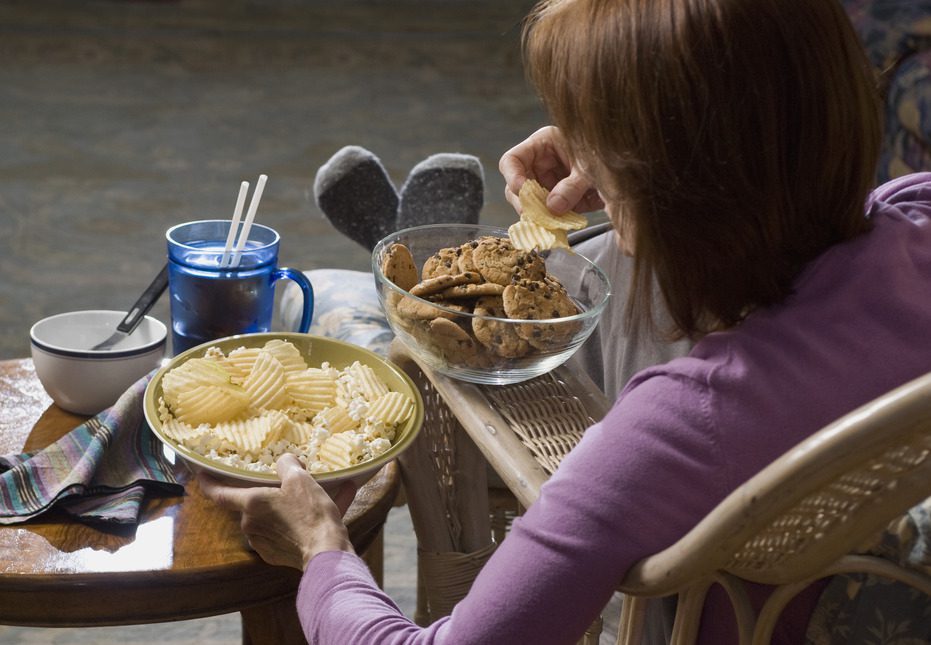Addiction is prevalent in society. Food is one of the more frequent, but often unnoticed addictions. Food addicts, much like addicts of any other nature tend to abuse in times of strong feeling or emotion. This release of negative emotions that lead to food abuse, or “emotional eating” can be drawn from oneself and/or the treatment received from others.
“Emotional intelligence is key to living a balanced life. Eating habits can be in perfect alignment with that.”
Everyone has seen or heard of the stereotypical “break up with your bf/gf then go home and eat a half-gallon of ice cream”. The good news is that these sudden episodes don’t have to open the refrigerator door of abuse. Emotional intelligence is key to living a balanced life. Eating habits can be in perfect alignment with that.
Intelligent Eating
“Emotionally intelligent eating” as we like to call it, can bring balance to the body as well as the mind. Before the cycle of emotional eating can be released and emotionally intelligent eating can be adopted however, the recognition of abuse itself must be made along with the source. Does emotional eating strike as a comfort, or as a stress release? You may spur this cycle with a self-reward. Indeed, we often reward even young children with food..
Begin to understand why emotional eating is taking place. Do this alone or through an outer support system. Whether that support comes from a friend, a therapist, or a group, it doesn’t matter. This support network is helpful in its own way.
Eliminate Emotional Eating With These 5 Tips
- Write down feelings before, during, and after eating to help with recognition.
Writing in a journal to release feelings and emotions that trigger emotional eating is a valuable outlet for many. Analyze entries often, then meditate or reflect on moments that stand out to help understand why the feelings come up. This can provide a solution for how they can be prevented in the future.
- When the urge to abuse is present, ask “Am I really hungry?”
If you are not, try to recognize and understand the true feelings that sparked the need to feed. Don’t worry, it may take time, patience, and a few calories to get it figured out, but stay focused and the process will work itself through. - Stay positive
There may be times where the rogue bowl of ice cream finds it’s way in despite every attempt to recognize, question, and prevent. Be reminded that you may not be where you want to be, but you’re awful grateful you’re not where you used to be! Affirm that the right track is being taken and positive growth is being made.
- Enjoy every bite
During regular meal and snack times, savor the flavor of food. Often, emotional or comfort eating episodes happen quickly, where there’s no time to taste. Between bites, put your fork down and enjoy the food. Take a few breaths before taking another bite. Enjoy your meal, it’s keeping you alive after all. - Appreciate what good food can do for your body.
Using the words “good food” should not be misconstrued with fried cheese wrapped in bacon, fried again and sprinkled with salt. Thinking outside the bread box can go a long way in making smart food choices. It’s a fact that raw fruits and vegetables take up more room in the stomach than cooked foods, and even much more room than oils and fatty foods with far fewer calories. Celery is only 6 food calories per 8″ stalk – have one!
 The Bottom Line on Emotional Eating
The Bottom Line on Emotional Eating
If you connect with this, we connect with you and want to hear from you in the conversation below. You can be free of emotional eating if you’re feeling afraid, abandoned, or abused. Even in the darkest hour, there is a glimmer of hope. Seek it. Find it. Follow it.

















